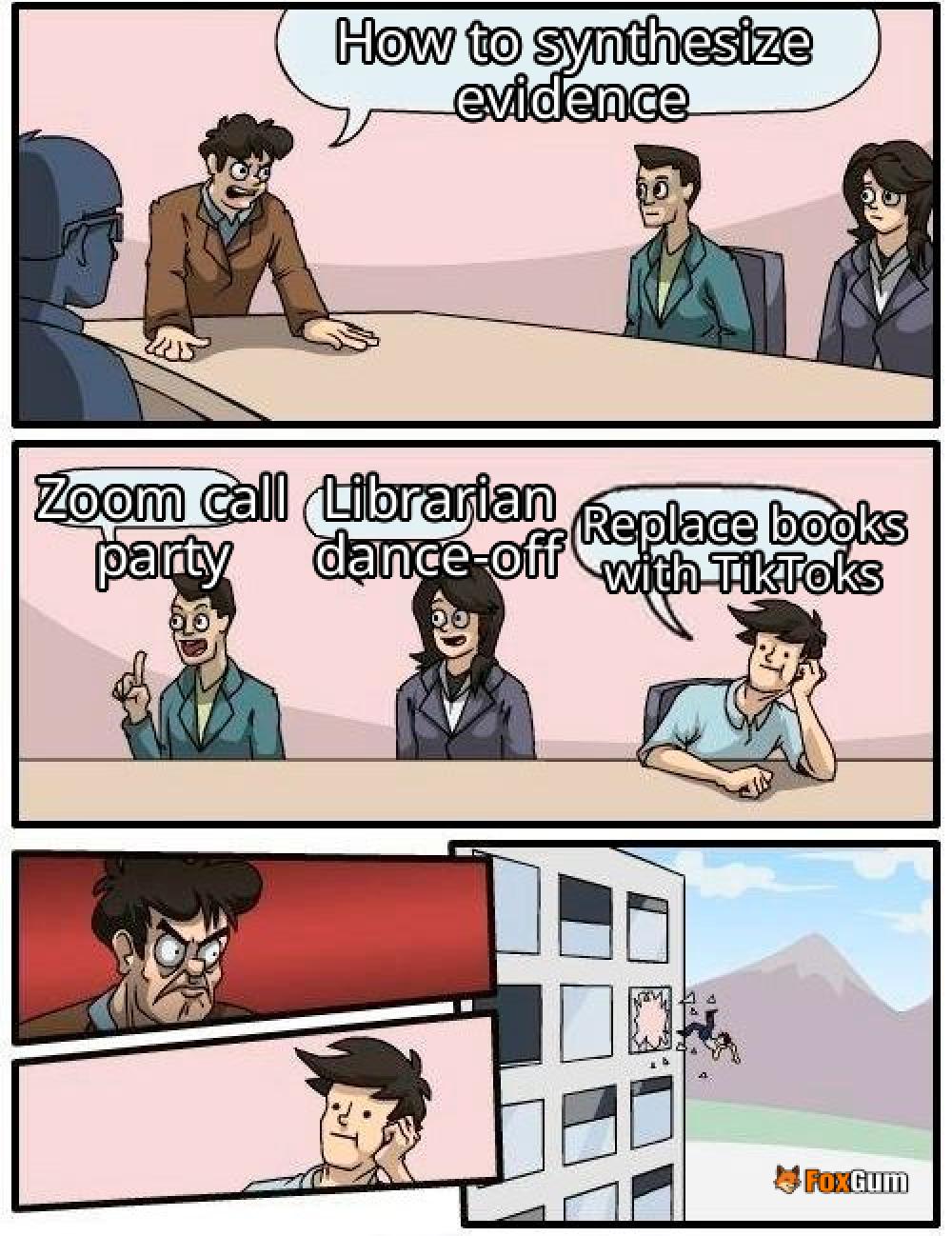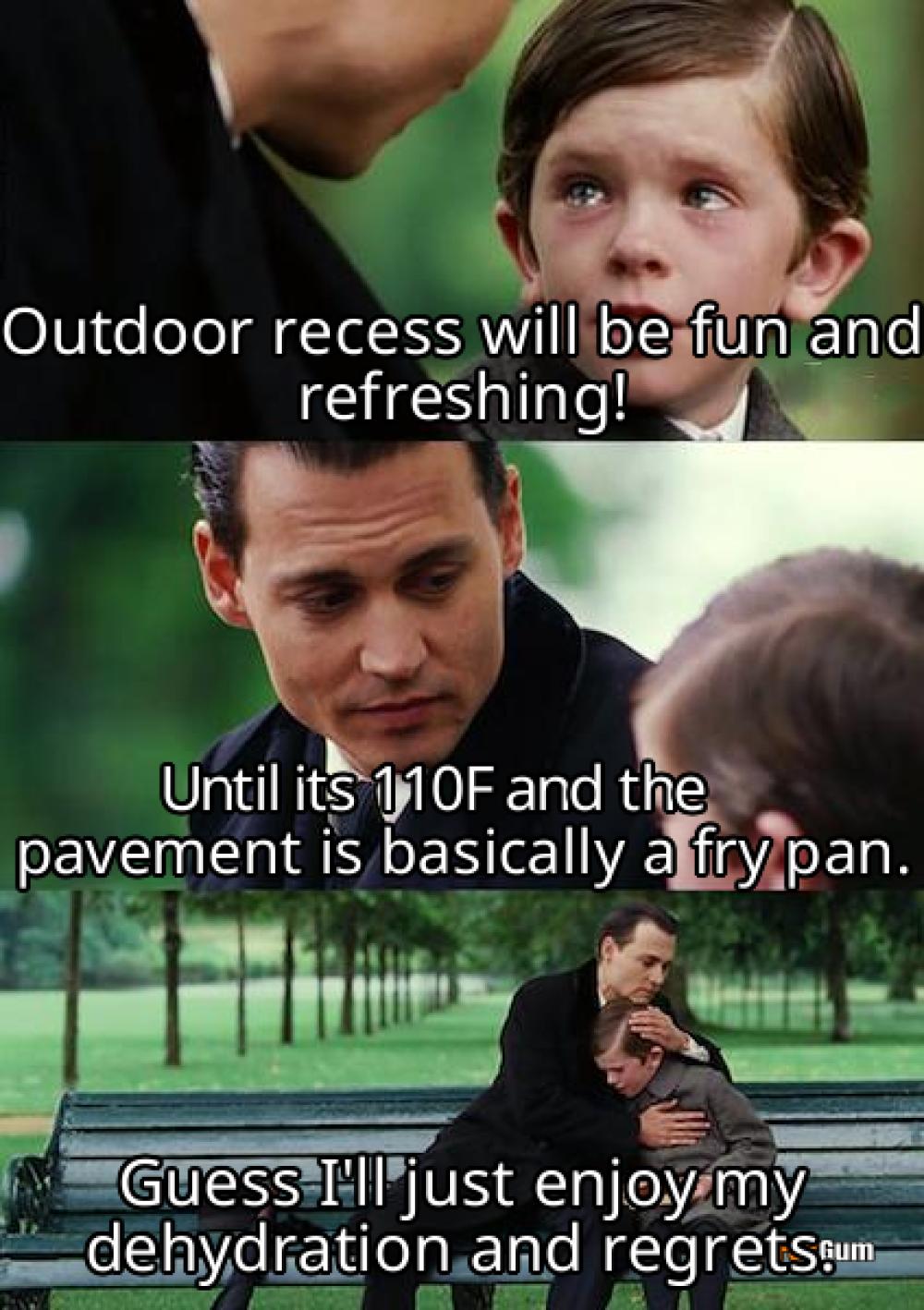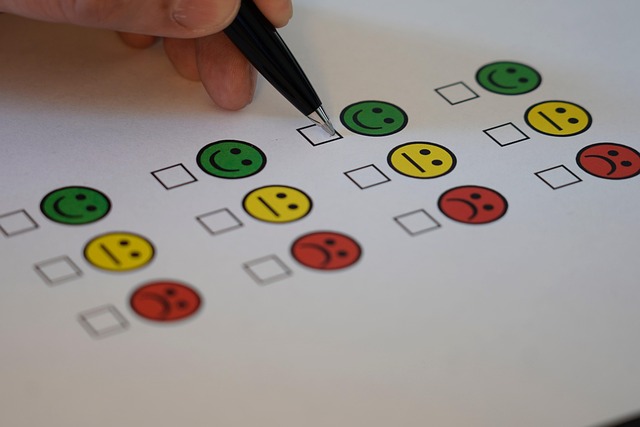
Executive Functions For Every Classroom
Understanding Executive Functions
In the vibrant world of education, the concept of executive functions has become a hot topic, and for good reason! These mental processes are crucial for students as they navigate their academic journeys. Think of executive functions as the brain's management system, helping students plan, focus, remember instructions, and juggle multiple tasks. 🌟
Why Executive Functions Matter
Why should educators pay attention to executive functions? Well, they play a pivotal role in how students learn and succeed. When students develop strong executive function skills, they become better at managing their time, organizing their materials, and staying on task. This not only enhances their learning experience but also boosts their confidence and independence in the classroom.
Strategies to Support Executive Functions
So, how can teachers effectively support executive functions in their classrooms? Here are some practical strategies that can make a world of difference:
- Establish Routines: Consistent routines help students know what to expect, making it easier for them to focus on learning. A predictable schedule can reduce anxiety and increase engagement.
- Visual Supports: Use charts, graphs, and visual schedules to help students understand tasks and expectations. Visual aids can serve as reminders and keep students on track.
- Break Tasks into Steps: Large assignments can feel overwhelming. Breaking them down into manageable steps can help students approach their work with confidence.
- Teach Time Management: Incorporate time management skills into lessons. Simple techniques, like using timers or planners, can empower students to take control of their time.
- Encourage Reflection: After completing tasks, have students reflect on what worked well and what could be improved. This practice fosters self-awareness and helps them develop problem-solving skills.
Incorporating Executive Functions into Daily Lessons
Integrating executive function strategies into everyday lessons doesn’t have to be a daunting task. In fact, it can enhance the learning experience! For example, when introducing a new topic, take a moment to outline the objectives and steps involved. This not only sets the stage for learning but also models effective planning.
The Impact on Student Success
When executive functions are nurtured, students are more likely to thrive academically and socially. They become adept at managing their responsibilities, leading to improved grades and a more positive classroom atmosphere. As educators, fostering these skills is not just about academic success; it’s about preparing students for life beyond the classroom.
Final Thoughts
Incorporating executive function strategies into the classroom is a beautiful way to support students’ growth. By creating an environment that promotes these essential skills, educators can help students flourish in their learning journeys. Remember, it’s all about making learning engaging, manageable, and fun! 🌈

















 Unlocking Potential: Literacy Volunteers of Greater Worcester
Unlocking Potential: Literacy Volunteers of Greater Worcester 
 Health
Health  Fitness
Fitness  Lifestyle
Lifestyle  Tech
Tech  Travel
Travel  Food
Food  Education
Education  Parenting
Parenting  Career & Work
Career & Work  Hobbies
Hobbies  Wellness
Wellness  Beauty
Beauty  Cars
Cars  Art
Art  Science
Science  Culture
Culture  Books
Books  Music
Music  Movies
Movies  Gaming
Gaming  Sports
Sports  Nature
Nature  Home & Garden
Home & Garden  Business & Finance
Business & Finance  Relationships
Relationships  Pets
Pets  Shopping
Shopping  Mindset & Inspiration
Mindset & Inspiration  Environment
Environment  Gadgets
Gadgets  Politics
Politics 